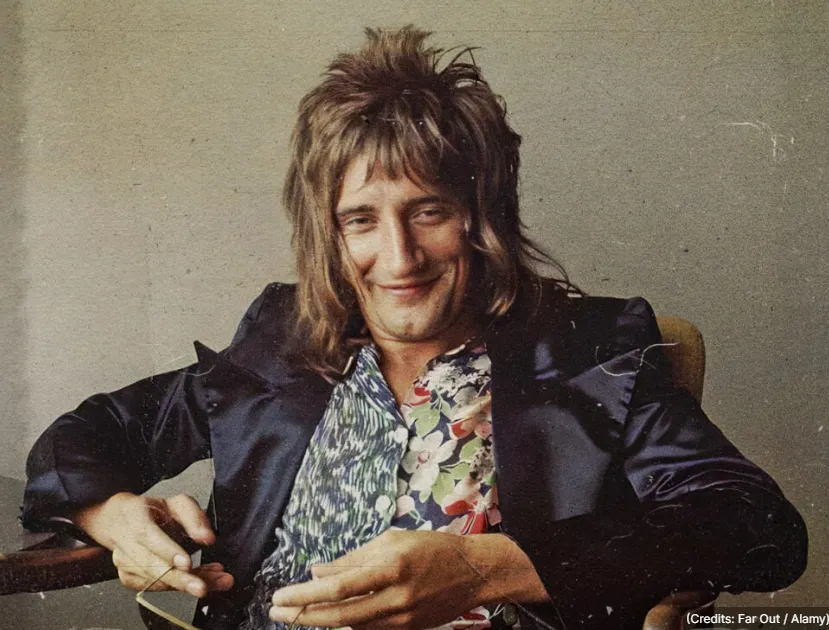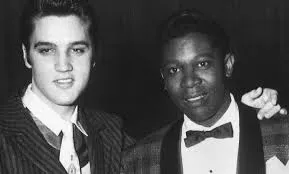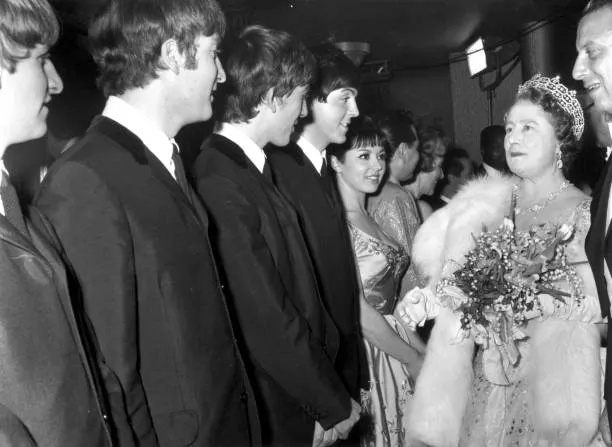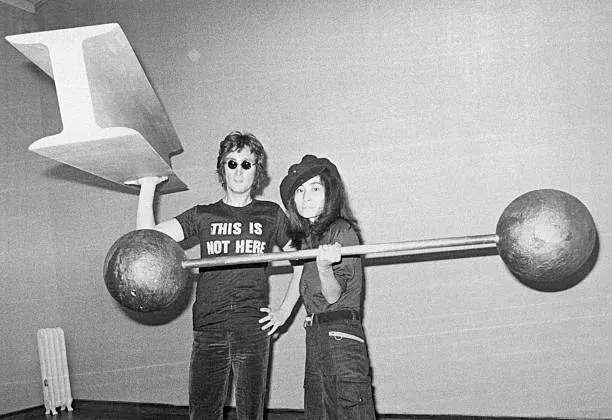Eric Clapton's ascent to becoming one of the greatest guitarists of all time was a journey marked by relentless dedication, an insatiable passion for the blues, and a unique learning method that set him apart from his peers. Clapton's path to mastery began in his formative years, where his innate talent and deep connection to music were evident.
Early Influences and Passion for the Blues

Clapton's fascination with the guitar started at a young age. Growing up in post-war England, he was captivated by the emerging rock 'n' roll scene, but it was the raw emotion and soulful sound of the blues that truly resonated with him. Artists like Robert Johnson, Muddy Waters, and B.B. King became his idols. Clapton's immersion in the blues was not just a casual interest; it was an all-consuming passion that would define his musical career.
Methodical Learning and Practice
Eric Clapton's method of learning the guitar was both rigorous and innovative. Unlike many of his contemporaries, Clapton did not have formal music training or access to extensive guitar instruction. Instead, he relied on his keen ear and a methodical approach to mastering the instrument. Clapton would listen to blues recordings repeatedly, absorbing every nuance and detail of the performances. He used a reel-to-reel recorder to capture himself playing riffs from these records, allowing him to analyze and perfect his technique.
This process was not easy. Clapton would play a riff over and over, meticulously correcting any mistakes and refining his sound until he achieved the desired level of perfection. This disciplined practice routine was instrumental in developing his exceptional technical skills and deep understanding of blues music. Clapton's ability to internalize complex riffs and reproduce them with precision was a testament to his dedication and natural talent.

The Role of the Bluesbreakers and Cream
Clapton's early career with bands like The Yardbirds and John Mayall's Bluesbreakers provided him with crucial opportunities to hone his skills in a live setting. His time with the Bluesbreakers, in particular, was transformative. Under Mayall's guidance, Clapton's playing matured, and he began to develop his signature sound—characterized by a powerful yet melodic approach to the blues.
The formation of Cream, one of rock's first supergroups, marked a pivotal moment in Clapton's career. Alongside bassist Jack Bruce and drummer Ginger Baker, Clapton pushed the boundaries of blues and rock, creating a unique fusion that showcased his virtuosity. Songs like "Crossroads" and "Sunshine of Your Love" featured some of Clapton's most iconic solos, further establishing his reputation as a guitar legend.
Continuous Evolution and Personal Growth

Clapton's journey to guitar mastery did not stop with his early successes. Throughout his career, he continued to evolve, exploring new musical styles and techniques. His solo work, including albums like "461 Ocean Boulevard" and "Slowhand," demonstrated his versatility and willingness to take creative risks. Clapton's ability to blend different genres, from reggae to pop, without losing his blues roots, was a testament to his musical genius.
Overcoming Personal Challenges
Clapton's path was not without personal challenges. His battles with addiction and the tragic loss of his son, Conor, deeply affected him. However, these experiences also fueled his music, infusing it with a raw, emotional depth that resonated with listeners. Songs like "Tears in Heaven" reflect Clapton's ability to channel personal pain into poignant, universally relatable art.

Legacy and Influence
Eric Clapton's influence on the world of music is immeasurable. His innovative techniques, emotional expressiveness, and unwavering dedication to his craft have inspired countless musicians. Clapton's journey from a young blues enthusiast to a guitar legend is a testament to the power of passion, perseverance, and a relentless pursuit of excellence.
In conclusion, Eric Clapton's mastery of the guitar was the result of a unique combination of natural talent, methodical learning, and an enduring love for the blues. His disciplined approach to practice, his transformative experiences with influential bands, and his continuous evolution as an artist have cemented his legacy as one of the greatest guitarists of all time.



